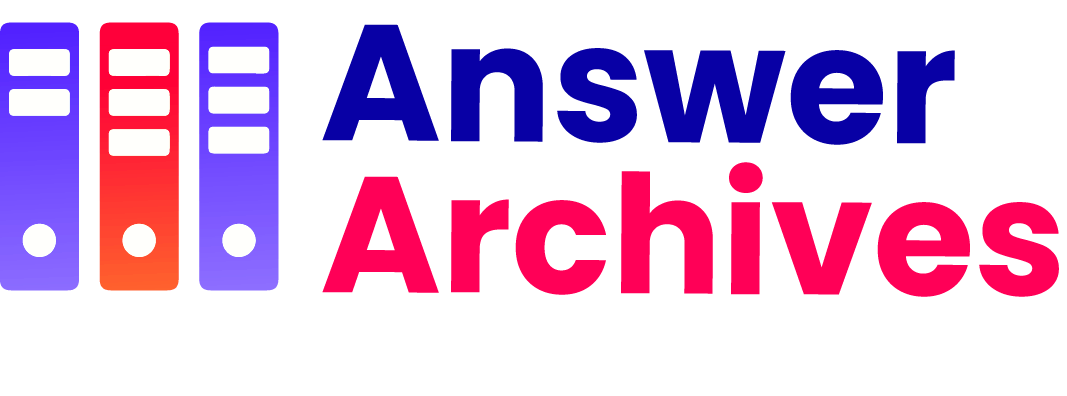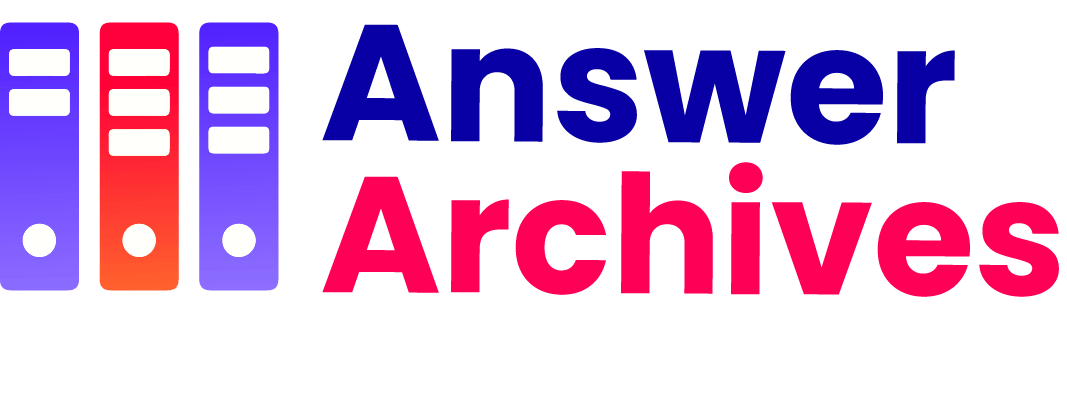Table of Contents
In today’s rapidly evolving digital age, it is crucial to understand the significance of social media education. As we become more connected, knowing how to navigate social media responsibly and effectively is essential for personal, educational, and professional growth.
The Importance of Social Media Literacy
Social media literacy refers to the ability to responsibly and effectively use social media platforms. It entails learning about how these sites operate, identifying credible sources, and knowing the repercussions of online conduct. Social media literacy is important to all, including students and adults. For children, it aids in creating critical thinking, judgment, and the capacity to tell reliable information from misinformation. Adults can be helped with improved communication skills and can more effectively utilize social media for networking and career prospects. Additionally, it can prevent cyberbullying and maintain one&8217;s privacy. In today&8217;s day and age where online footprints matter, learning to manage one&8217;s online presence in a manner that is appropriate is a skill that is needed. Thus, incorporating social media literacy into the education system ensures that people are able to use the digital world responsibly.
.

Advantages of Social Media in Education
Adding social media to education has numerous advantages. Firstly, it creates a more interactive learning environment. Sites like Facebook, Twitter, and Instagram can be utilized as additional tools that overlay an interactive level to the classroom. Teachers can establish private groups where students are able to discuss issues, exchange resources, and work on projects together. This promotes active involvement and contributes to learning experiences. Besides, social media enables students to link with specialists, benefit from various views, and obtain current information. It also supports virtual study groups, overcoming geographical limitations and allowing learners to work with classmates all over the globe. Besides, it assists in building digital communication skills essential for the 21st-century workplace. By learning to use social media professionally, students are well prepared for future career endeavors. Overall, if used in the right way, social media can greatly enhance the learning experience.
Controlling Social Media Distractions
As much as there are benefits of social media, it can also be a major cause of distraction, particularly for students. It&8217;s crucial to put measures in place to control such distractions. For starters, having definite time restrictions on social media use can work. Apps that monitor and restrict screen time can be especially helpful. Furthermore, developing a specific study space devoid of phones and computers can improve concentration. Parents and teachers can also make rules about the use of social media during study time. Taking regular, short breaks can keep the students concentrated without causing long-term distraction. Furthermore, developing a disciplined attitude toward the usage of social media includes educating the students about managing their time and setting priorities. Talking about the effects of social media on productivity and mental well-being can further emphasize the need for balance. With proactive measures, one can reap the benefits of social media without allowing it to cramp academic performance.
Online Safety and Privacy
Online safety and privacy are essential in the social media era. Personal data on the internet can be misused if not handled sensibly. Thus, it is essential to inform users, and particularly children, about the necessity of keeping things private. Among the first steps is to make robust, original passwords and replace them periodically. Users also need to be careful with the data they provide, refraining from sharing details such as home addresses, phone numbers, and other privacy-related information. The adjustment of privacy settings on social media profiles to restrict information visibility can also safeguard personal information. Also, knowing phishing scams and dodgy links will keep potential cyber-attacks at bay. Parents and teachers have an important role to play in educating young people about these precautions. Educating children about the possible dangers and how to spot them can build lasting online safety practices. Essentially, knowing about online safety and privacy can avert much of the threat of using social media.
Ethical Use of Social Media
Ethical use of social media involves respecting others, refraining from plagiarism, and posting responsibly. One must realize that there is a real person behind each account with thoughts and emotions. Being respectful, kind, and empathetic when dealing online helps create a good digital environment. Steer clear of cyberbullying and report any such action as key actions for ethical maintenance. In addition, proper sources should be attributed when it comes to posting content. This involves giving credit to originators and not copying work without authorization. Furthermore, comprehending what consequences one&8217;s posts entail is vital. Posts can be misconstrued and cause unintended offense or harm. Taking a moment to consider the possible effect of posts before clicking can avoid miscommunication and keep the online presence respectful. Parents and educators must emphasize these ethical behaviors to younger users in order to establish a culture of respect and integrity in the online environment.
Using Social Media to Foster Career Growth
Social media is a valuable vehicle for career growth when harnessed purposefully. Sites such as LinkedIn, Twitter, and even Instagram provide platforms to establish a professional network, showcase abilities, and learn about current trends in one&8217;s field. On LinkedIn, establishing a comprehensive profile with relevant work experiences and skills can draw the attention of potential employers and recruiters. Constantly posting industry-related topics, joining professional groups, and commenting on other&8217;s posts can make one more visible. Twitter can be utilized to follow industry leaders, engage in professional debates through hashtags, and post on achievements or insights. Utilizing Instagram in innovative ways to present a portfolio, especially for jobs in creative professions such as design, photography, or journalism, can draw the eye of potential employers or clients. Becoming involved in webinars, virtual meetings, and online seminars promoted via social media can establish expertise and professional contacts. Becoming aware of how to use these sites appropriately can contribute heavily to enhancing one&8217;s career opportunities and professional growth.
Conclusion
Exploring the virtual frontier for the first time demands a thorough grasp of social media education. From building social media proficiency and incorporating it into the education system to coping with distractions and providing online security, every detail matters. Ethical values and the prospect of advancing in one&8217;s career further accentuate the complexity of social media as a tool in the modern age. By embracing and educating responsible use, we can leverage the power of social media while minimizing its dangers. As our online worlds continue to shift, a sound foundation in social media education will equip individuals to face these changes with confidence and responsibility. This integrated strategy will ensure that social media will continue to be an effective means of connection, learning, and professional development, supporting our capacity to succeed in a globalized society.


